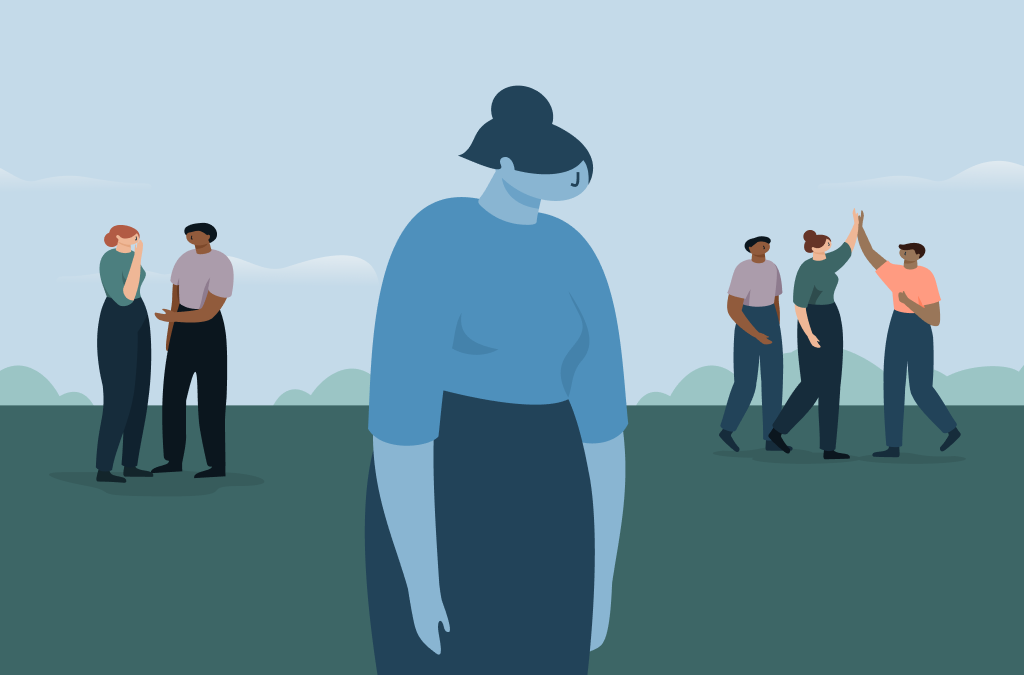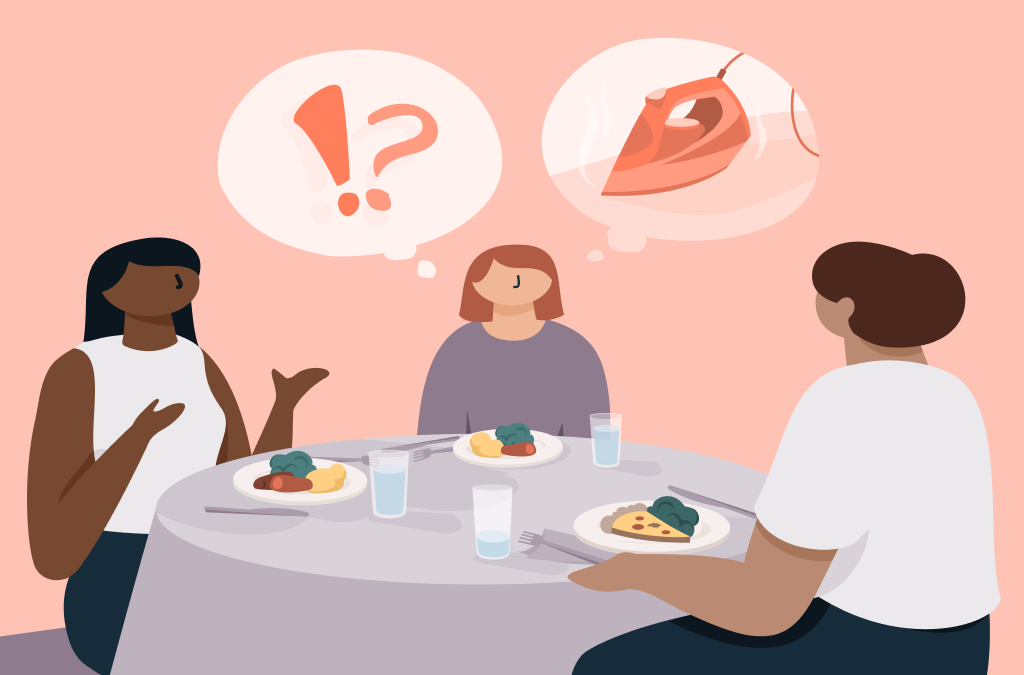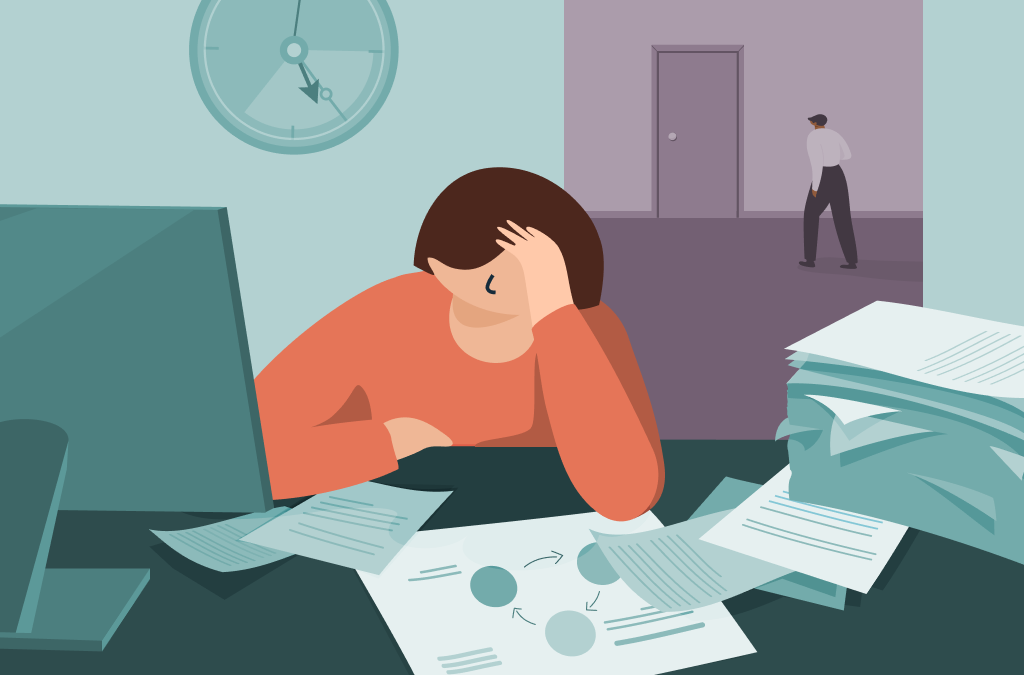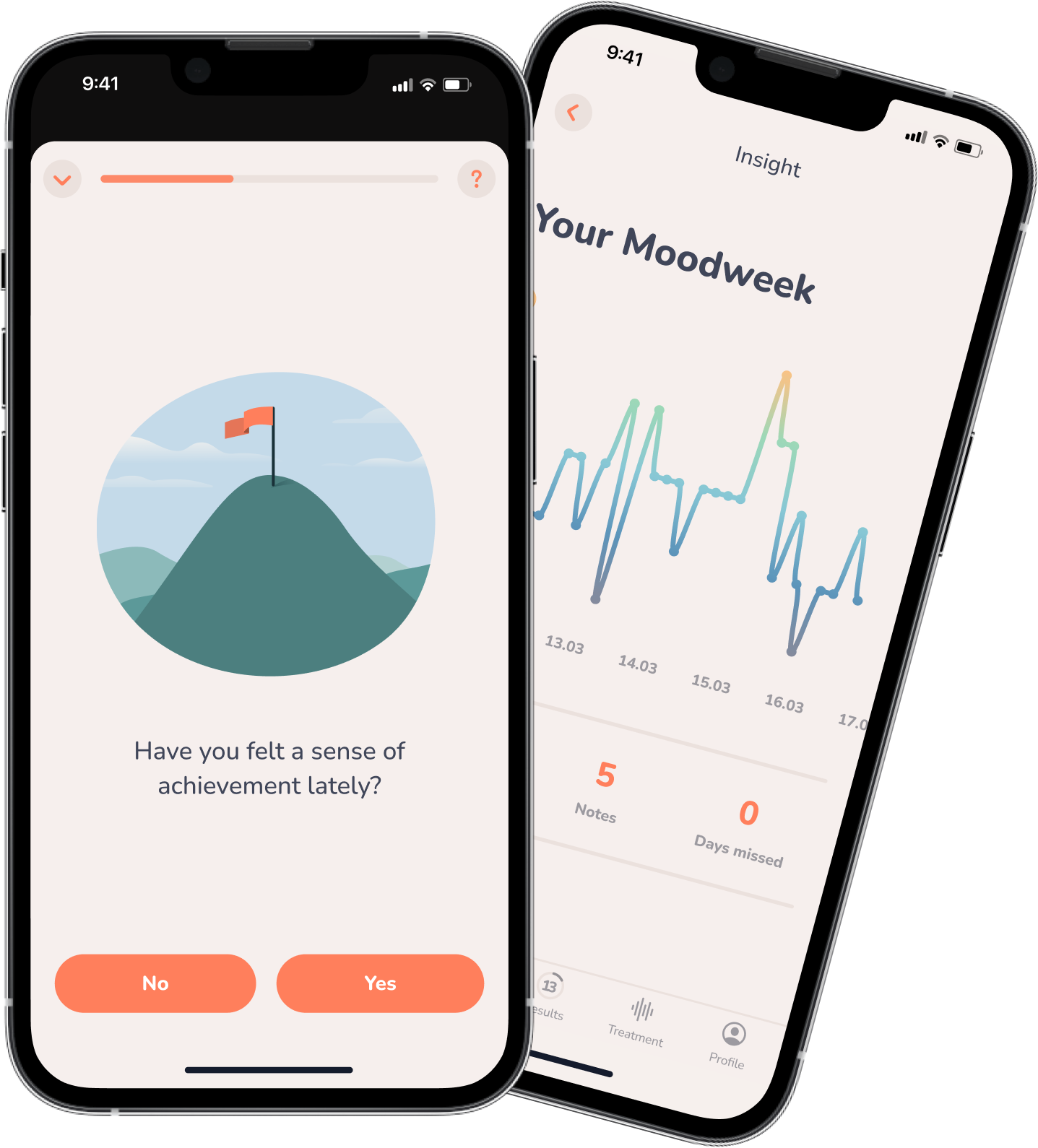Insight
These 10 Qualities Make You An Exceptional Listener
There are different kinds of listeners. Some people listen only until they get an answer. Others only listen to their own needs and thoughts. And there are those who truly listen. Attentively and eager to really understand what someone is trying to say.

Good listeners seem to carry this power around with them wherever they go. It surrounds them, they mediate a sense of trust and warmth. Conversations with them usually just “flow” and you leave feeling refreshed and understood. Maybe you know a person like this in your group of friends. Maybe it’s you! Here are some of the characteristics a good listener has.
#1 You’re in the here and now
Often, we’re not really in the moment when we’re listening to someone. While the other person is still talking we have already jumped to conclusions, we are miles ahead of what the person is telling us. We’re already piecing together our response. Good listening means that you stop your inner monologue and truly give your full and undivided attention to the person who is talking. Shine an imaginary flashlight on that person. All the light, your focus is on the person talking.
#2 Distractions don’t stand a chance with you
Even if it seems so simple, listening is not that easy! And that’s the problem: Listening is hard work, but it has the reputation of being a nearly effortless job. So much so, that we might be tempted to do something else while listening. No, a listening brain can’t write a text message at the same time.
You know that preventing possible distractions around you is crucial for listening. You are all ears. You put your phone away, close your laptop, and turn off the TV. Now’s not the time to show off your multitasking skills.
#3 You’re curious
Interest is an essential element of listening. It might seem like a paradox that your curiosity and interest could have declined especially for those who are close and important to you. The problem is that we start thinking we already know everything about that person. We begin overhearing the new within the old information.
In a conversation you are the detective. You gather information and are keen to discover more about what your counterpart feels and what he or she is moved by. No matter how much you already know, there’s always more to discover.
#4 You’re sincere and open minded – You don’t judge prematurely
We are skilled at evaluating things and making up our minds quickly. This is normal and most of the time it’s useful. In listening however, a rash opinion kills the conversation. While our counterpart hasn’t even finished their story, we might be thinking “Well, I would have done that very differently.” In those moments you’re not really listening anymore. A good listener has learned to postpone these reactions to the end of the conversation.
Otherwise you’ll miss out on the fundamental feelings of your counterpart. You won’t be able to understand or empathize with his or her point of view.
#5 Your senses have good reception
Trembling hands, raised eyebrows, tense shoulders – our bodies are also speaking, and they should be heard. Nonverbal communication is an important part of what is being said. All your senses should stay tuned to get the full message.
But, not only that: Listening is not a passive endeavor – it itself is active. The body language of a good listener answers with eye contact, an understanding nod, facing the person who is talking.
#6 You ask the right questions
Listening does not mean sitting there in silence. In the right moment, it makes sense to reply, to communicate that you are listening. A good way to do this is by paraphrasing. “So, what you’re saying is… “should become an inherent part of your listeners’ toolbox. This way, you’re not only giving your friend attention, you’re also making sure that you really understood what the other person was trying to say. What we say and what we mean can be worlds apart. It’s helpful to confirm that you’re still speaking the same language.
#7 You accept other opinions and can dial back your own
When heated topics are debated on TV shows, those defending their opinion fight hard to be heard. Those debates usually turn into monologues, one following the other. No one is actually listening to their counterpart, even though we know how important it is to pick up each other’s ideas in a debate. Unsurprisingly, no one changes their opinion in the end.
When we listen, we get a peek of our counterpart’s world. Even if it doesn’t align with our own world view, it’s fundamental to stay interested and attentive. We can learn so much especially from those who don’t share our subjective opinion. They are the ones who can truly give us new input if we choose to take advantage of the opportunity.
#8 You don’t interrupt
Let’s be honest: Sometimes we’re part of a conversation where we’re impatiently anticipating the thought or feeling someone else is struggling to express. It seems so enticing to just finish the sentence, to pace things up.
Patience is a virtue – this goes for listening as well! A good listener understands that language is a complicated method of transportation for thoughts and feelings. Your counterpart needs this pause because it’s not always easy to find the right words. It’s not a race. Take your time.
#9 You stay authentic
We all know them: Those who just don’t stop talking. Sometimes the conversation is so one-sided that there comes a point where you just can’t keep listening. Here, it’s okay to interrupt someone! Nobody has to “endure” a conversation. That’s not what listening is about. We can only have genuine interest in a conversation, if we also allow ourselves to stop. You don’t fool yourself or others and you don’t listen just because you don’t know how to end the conversation.
#10 You know your limits
A good listener recognizes where his or her abilities come to an end. This will become exhausting for you and won’t be healthy for your counterpart. Psychotherapists are professionally trained to listen and watch out for signs that communicate the need for more help than your lending ear could give.
It can be extremely difficult to know when this point has arrived. One indicator could be that mood swings have become more extreme – or don’t swing back. Or maybe your friends’ usual strategies to tackle everyday demands aren’t taking effect anymore and he or she is left feeling helpless and stuck. When the struggle has become so severe and the situation seems hopeless, it is time to seek professional help.

Psychological Needs in the Workplace: How to Meet Them
Deadlines, conflicts, pressure to perform—many people grapple with stressors at work. The extent to which these weigh on someone depends in large part on whether psychological needs are being met at work.

High-Functioning Depression: The Hidden Suffering
When people think of depression, usually intense sadness, low energy, social withdrawal, difficulty getting out of bed, and managing daily life come to mind. But this is not always the case.

Obsessive-Compulsive Disorder: When Thoughts and Actions Become Torture
In this article, we explore what characterizes such thoughts and behaviors as well as how they can be treated.

Bullied at Work—Here’s What You Can Do!
In this article, we look at the nature of workplace bullying, its causes and consequences, and what you can do if you are being bullied at work.



